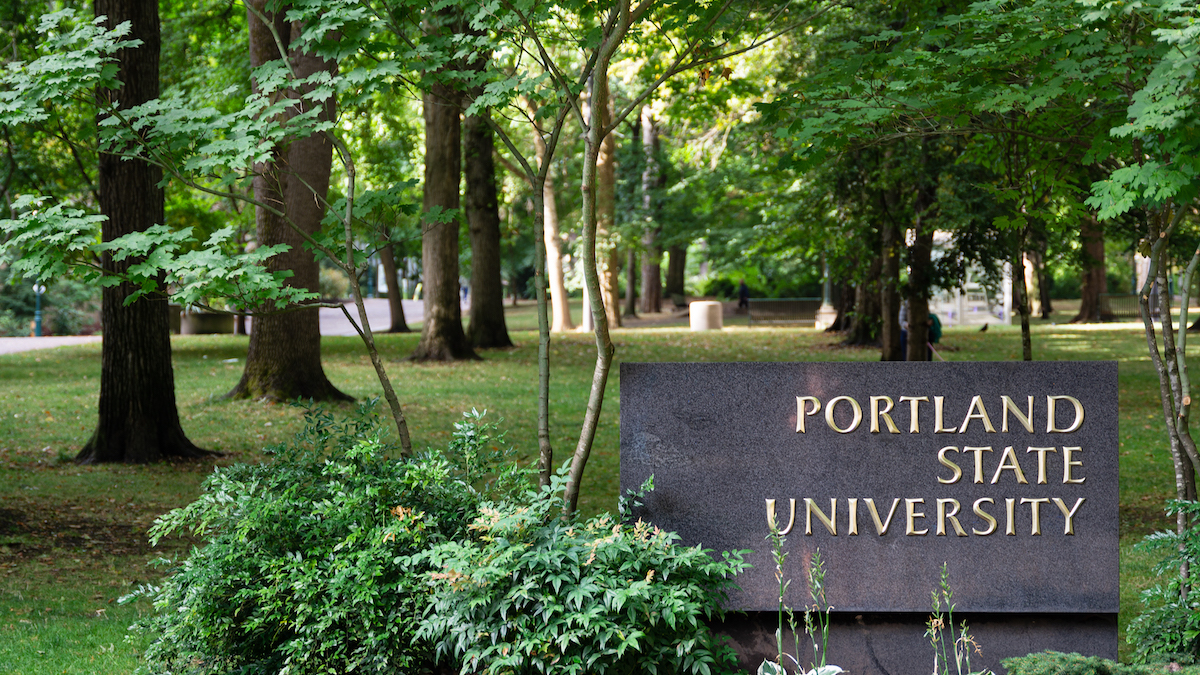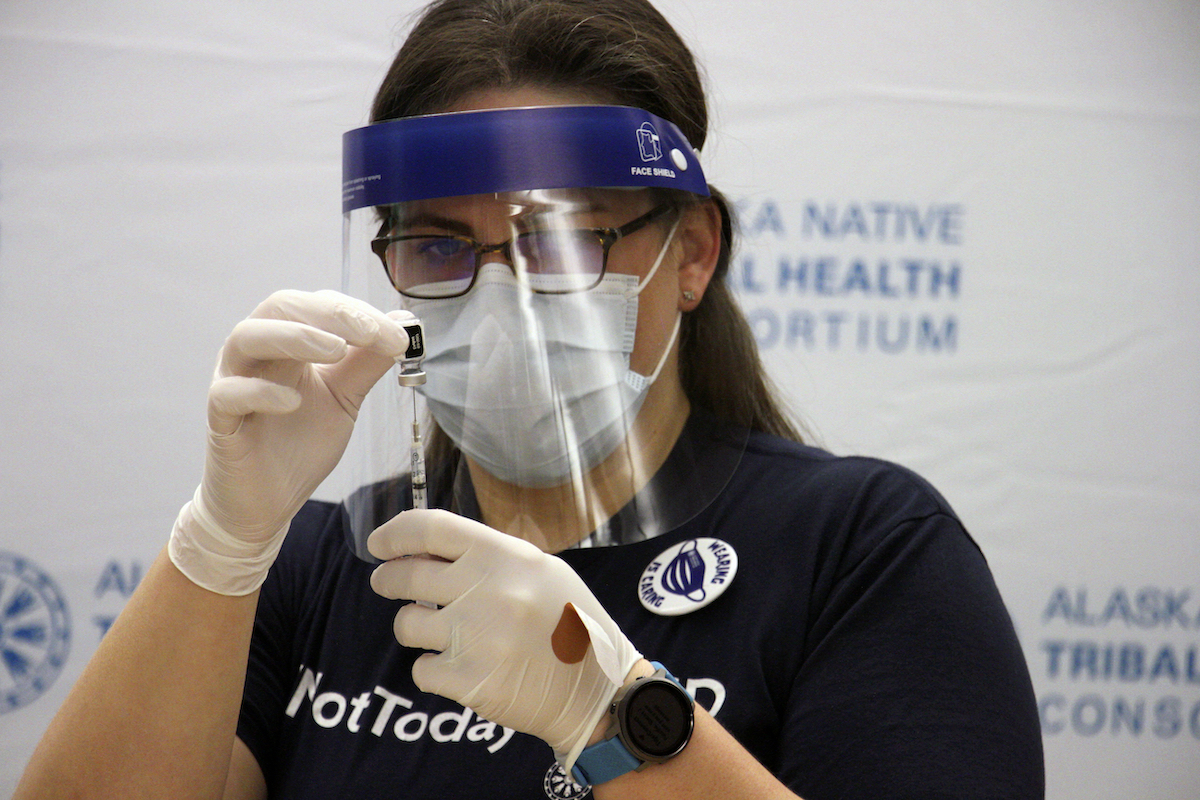Editor’s note: Due to a series of miscommunications on the part of Vanguard, administration responses were not included in the original publication of this article. Those responses have since been added, and Vanguard regrets any confusion.
On Aug. 23, 2021, Portland State welcomed in-person learning back to campus via the Summer Bridge Scholars Program (SBSP), a University Studies program for incoming freshmen that is managed by the Learning Center. Several instructors and student mentors working in the SBSP have claimed that the program is facing serious problems, and they fear repercussions from the administration if they question the program’s COVID-19 safety precautions or contract policies.
The program “resembles a mix between confusing general education classes and a poorly executed summer camp for high school graduates,” according to an instructor within the program who requested to remain anonymous.
Sources within the SBSP have raised serious concerns with PSU officials regarding specifics of the program to no avail—like COVID-19 safety protocols, employment contracts and curriculum construction, a possible violation of a bargaining agreement article and alleged retaliatory practices, for example.
The SBSP, according to PSU Director of Media & Public Relations Christina Williams, was “designed to help first year students who had their high school education disrupted by COVID-19…[and] designed to support students and prepare them for their higher education pathways.” “The Summer Bridge Program is a FREE two-course program held four weeks from August 23 to September 17,” the webpage for the program states. “Students earn up to seven credits for free for completion of this program. Courses will take place Mondays through Thursdays, with on-campus activities on Fridays.”
The program was funded “through specially designated state funding and federal [COVID-19] relief funding,” Williams stated. “One-time funds from the Oregon Legislature and Gov. Kate Brown, along with federal relief funding for COVID-19 covered the cost of the program.”
The program is divided into four different categories: an Academic Skills course, Quantitative Literacy, Writing & Rhetoric, and group presentations, like field trips and activities. Moreover, there are in-person and remote options in the program, for both students and instructors.
The hybrid course has 340 students registered, with 315 in attendance on the first day of the program, according to Williams. The majority of students are utilizing in-person learning, according to sources within the program. There are 33 instructors working in the program, alongside 15 student mentors.
The administration’s policy regarding in-person, on-campus classes returning to PSU in the fall semester was decided months ago, prior to the Delta variant becoming widespread throughout Oregon.
“This fall, we are safely reopening our campus for in-person teaching and learning,” the PSU COVID-19 Student Resources webpage states. “We also know that the COVID-19 pandemic is not yet over and that the quickly growing number of cases attributed to the coronavirus Delta variant is cause for concern.”
The administration requires all students and instructors that are returning to campus in fall to be fully vaccinated by Sept. 7, 2021, according to PSU’s official COVID-19 Vaccination Policy statement. Additionally, all participants in the SBSP “were required to complete the vaccine attestation form monitored by the Center for Student Health and Counseling in alignment with the PSU vaccine requirement policy,” according to Williams. Participants were not required to provide physical proof of their vaccination status.
“All students and employees who access PSU locations must submit either (1) an attestation confirming the student or employee has been fully vaccinated against COVID-19; or (2) submit an applicable exemption or deferral,” the policy requirements section states.
“One may decline the COVID Vaccine on a medical or nonmedical exemption [and] non-medical exemptions include the informed decision to decline vaccination due to religious belief, philosophical belief, or other personal reasons,” the vaccination policy states.
The use of terms like “exemption” and “requirement” is disputed by some.
“So, any non-medical exemptions are basically whatever anyone wants them to be,” one anonymous source told Portland State Vanguard. “Doesn’t that defeat the purpose of what an exemption actually is?”
Some within the SBSP and the PSU American Association of University Professors (PSU-AAUP) believe that the administration’s and program director’s COVID-19 measures are insufficient.
Dr. Aaron Roussell is an Associate Professor of Sociology at PSU and the current Vice President for Grievances and Academic Freedom for the PSU-AAUP. When asked for comment by Vanguard, he stated, “I became concerned that the Director of the program seemed to be minimizing the seriousness of [COVID-19] by uneven implementation of space requirements, predicting the end of the mask mandate, and requiring most students and peer mentors to live on campus and attend class in person during the duration of the program.”
(Roussell’s statements do not reflect the opinions of all members of the PSU-AAUP.)
Williams stated that mask use will be required for the entirety of the SBSP.
Students will be in mixed groups for classes and residency in dorms, despite attempts by program administrators to emphasize contract tracing methods, such as seating charts, according to an instructor with the program. According to Williams, 191 students have moved into the Ondine residence hall for the duration of the program, while approximately 30 students have elected to participate fully online due to concerns about COVID-19. There are five fully online sections for the three courses being offered, out of a total of 38 sections.
Other aspects of the SBSP have instigated confusion among instructors participating in the new hybrid course. The official webpage for the SBSP links to a document that describes a “day in the life” of a Summer Bridge Program scholar, in order to prepare incoming students for the course. However, SBSP insiders claim that the curriculum’s construction and nature of training and preparation for instructors has been puzzling at best.
“[The] concerns were wide ranging, including a curriculum over which [instructors] had no control (an issue of academic freedom), unclear requirements for instructors as well as the peer mentors (upper division PSU students), no contracts…despite requirements to complete training in advance, and, perhaps most concerning, an in-person requirement for most of the students, peer mentors, and instructors,” Roussell stated.
Williams stated that “[a]ll Summer Bridge program instructors have either a contract or a wage agreement,” later clarifying, “it’s best to refer to the summer bridge ‘contracts’ as summer wage agreements.”
In May of 2021, the PSU administration and PSU-AAUP entered into a Collective Bargaining Agreement (CBA) that lasts until Nov. 2024. Specifically, Article 24 of the agreement addresses “Working Conditions.”
Section 1 of Article 24, states in part that “The University will forward to the Association [AAUP] reports regarding the maintenance of standards prescribed for air and water quality, safe working conditions, seismic safety and vector control.”
It is unclear if non-union and non-contract SBSP participants, or “un-uns” as some refer to them, have similar guaranteed protections like those in the CBA. When asked how many instructors in the SBSP were members of PSU-AAUP, PSUFA or any other union, Williams declined to answer, stating it was “not relevant.”
According to sources in the program, the curriculum and employment details of the SBSP have been actively denied to potential employees of the Bridge program.
“I really just don’t know what is going on,” said a source who requested to remain anonymous. “The training schedule changed, I just ‘met’ the instructor, who was just hired and has never worked at PSU before this, and I still don’t know if any of the students or faculty will be vaccinated by the time class starts.”
The day-to-day aspects and administrative minutiae of the SBSP have engendered confusion as well, and some concerns address potential pitfalls students and instructors alike may face.
“I’m really frustrated,” an instructor in the SBSP stated. “I think this transformed into something I did not agree to.”
Curriculum structure, course credits and length of program have all changed since instructors first signed on, according to sources. Classes are now three or four credits within the four weeks, with students required to be in five-hour long classes at least twice a week, along with the daily skills course, to earn up to seven total credits.
Sources allege that should an instructor question the directives of the SBSP, they could be summarily dismissed or removed from eligibility altogether. This includes one incident where an instructor alleged that they were de-listed from Banweb after questioning the program’s COVID-19 precautionary measures.
Williams disputes this, stating, “Potential instructors were informed all along that the Bridge program would be conducted in person to the greatest extent possible. Potential instructors were urged to make their own choice as to whether or not they would be comfortable teaching in person and those decisions were supported.” Regarding accusations of retaliation by the administration, she stated, “this was not a case of retaliation…the decision was left up to the instructors.”
“Understandably concerned for their health and wellbeing, several members who were to be employed as program instructors—necessary summer income for them—asked the Director about the possibility of teaching remotely and were unceremoniously dropped from the program days before training was to start,” Roussell stated.
“The technicality is that they were promised contracts and included in the early organizing of the program (they had access to their class on Banweb, etc.) and were told they would no longer be offered contracts after requesting remote work for their own safety—thus there is no technical breach of contract,” Roussell stated.
A newsletter post from PSU-AAUP titled “Summer Bridge Program: Return to Work?” stated regarding instructor dismissals, “Some members, concerned for their health and the health of their students, asked to train and teach the program remotely or online, and were subsequently told their services would not be needed…This request to teach remotely or online seems reasonable, especially since we are in a surge of COVID-19 Delta variant cases.”
Sources have claimed that several instructors and student mentors have already been removed from eligibility or have resigned their potential posts, primarily over the issue of in-person teaching and COVID-19 writ large.
All sources that spoke to Vanguard expressed a fear of reprisal from the PSU administration.
Scholastic bridge programs have been gaining popularity in Oregon and elsewhere in the U.S., like at Michigan State University and the University of Arkansas. PSU’s inaugural SBSP may turn out to be a litmus test of sorts for such styles of future coursework, though the Delta variant’s rapid spread could hinder such aspirations. PSU plans to pursue similar programs in the future, according to Williams.
“Go remote. Save lives,” Roussell stated of his desires for the program. “Reinstate the instructors who were dropped or offer compensation for the opportunity cost. Reassure us that PSU takes the health of all its workers seriously even when the unions are not in a position to make it so.”






